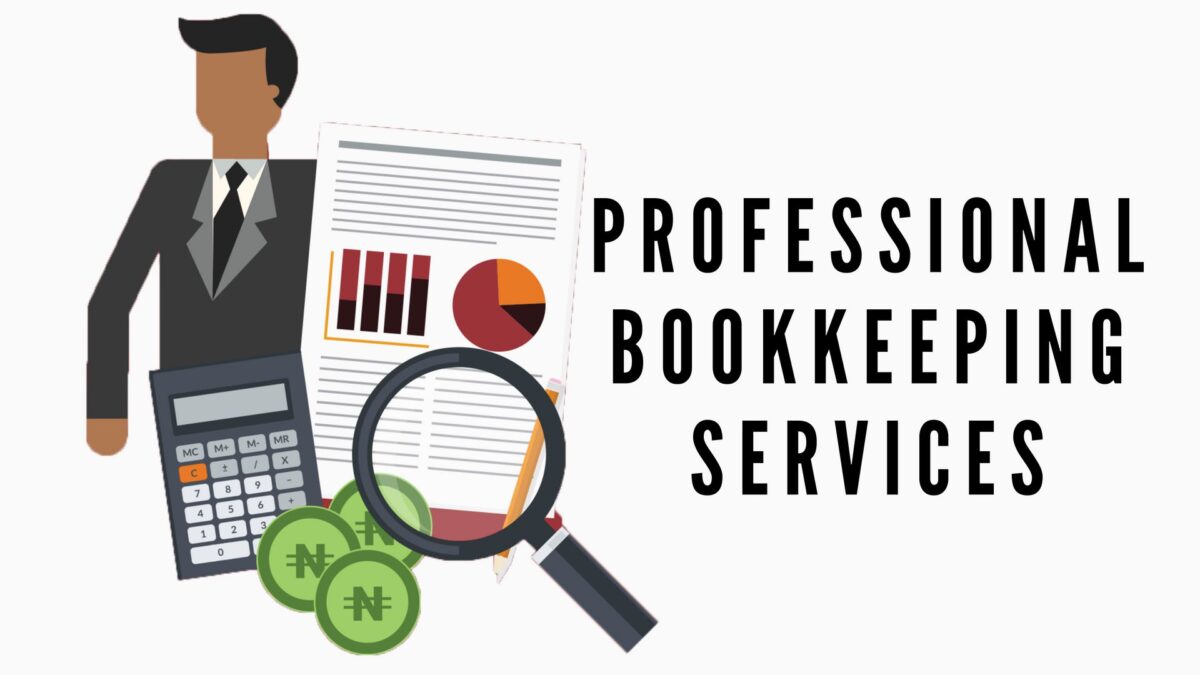Creating invoices, chasing down payments, getting you ready for tax deadlines, and processing payroll. Some of the things that bookkeepers do for small businesses are listed above.
- Day-to-day account management
- Keep up-to-date records
- Make sure businesses are following the law
- Get you ready for taxes
- Manage Bank Feeds
- Account for money Payable
- Send invoices and keep track of your funds.
- Prepare Financial Statements
- Handle payroll and transactions in foreign currency
- Perform Stocktake
- Watch your cash flow
- Getting the books ready for a bookkeeper
- Does my small business need a bookkeeper?
1) Day-to-day account management
A bookkeeper can keep track of all of your business’s transactions every day.
They can keep an eye on your cash flow much more quickly if they keep track of every sale and purchase and do it all with software.
They can keep an eye on your cash flow much more quickly if they keep track of every sale and purchase and do it all with software.
2) Keep accurate and current records
A bookkeeper will ensure that all of your business’s records are current.
Also, it will be their job to identify any differences between your books and your business accounts so you can fix problems quickly.
3) Keep businesses in line with the law
Tax can be a sensitive topic. If you make a mistake, you may soon get a letter from HMRC that you don’t want. This is where bookkeepers come in, as they can help ensure your business stays in line with the law. Remember that they are here to help, not to cause more significant problems.
4. Keep you ready for taxes
Like the laws and rules, tax deadlines are very strict. Most small businesses don’t put a high priority on doing their books so deadlines can be missed. So that the tax man is happy and you don’t have to pay any more fines, a bookkeeper will ensure your records are correct, so you’re always ready for tax time.
5. Manage Bank Feeds
Bookkeepers keep track of transactions through software or apps at the most basic level. Bank feeds let you see each transaction because they connect the software to your business bank account.
6. Take care of bills to be paid
Bookkeepers are usually the ones who pay bills for your small business. This can be anything from paying bills to suppliers to keeping track of small cash and expenses.
7. Send out invoices and keep track of payments
Another important thing that bookkeepers do is make invoices and send them to clients so that they get paid on time. A bookkeeper may also take care of the accounts receivable ledger and follow up on late payments to make sure your records are always correct.
8. Prepare Financial Statements
Small businesses will also need bookkeepers to make some essential financial statements. These can include a statement of income and expenses, a balance sheet, and a cash flow statement. These financial reports show a business’s bottom line and operating costs, the balance of its assets and debts, and how much cash is coming in and going out.
9. Take care of payroll
There are different things that bookkeepers can do. Some can help small businesses with payroll and other HR tasks. This can include helping businesses pay employees’ taxes and pay their paychecks.
10. Handle transactions with other currencies
Bookkeepers also make sure that their foreign currency accounts are correct by using the current exchange rates.
This can be done much more quickly and easily with compatible digital bookkeeping apps that can analyze exchange rates right away and without wasting much time.
11. Perform Stocktake
Bookkeepers also make inventory reports for small businesses by counting the items in stock. If there are any differences, they tell the business so that problems can be fixed quickly. Most of the time, it’s done at the end of a business’s financial year, and the numbers are put in reports like profit and loss statements.
12. Pay attention to cash flow
A bookkeeper’s most important job for a small business is to make sure they don’t run out of day-to-day money. They can do this by keeping an eye on how much money comes in and how much money goes out and by giving more advice if the business needs more cash to run.
13. Getting the books ready for a bookkeeper
A bookkeeper’s job is to make sure that the accounts are correct and up to date when the accountant needs them. This lets an accountant use what they know to give advice to a business and fill out tax returns.
JAY’s Choice:-
- Bookkeepers for small business
- 3 Ways to grow your bookkeeping business
- What are the challenges of the Budget session and solutions to improve it?
- How to identify and avoid problems in Bookkeeping
- 10 Types of Cloud-Based Accounting Services
- 10 Benefits of Outsourced Bookkeeping
- How to hire a top bookkeeper: a comprehensive guide
- 5-Ways Hiring A Bookkeeper Can Make Your Business More Profitable
- Bookkeeping For Non-profits
- Accounting Year-End Checklist for Your Small Business






